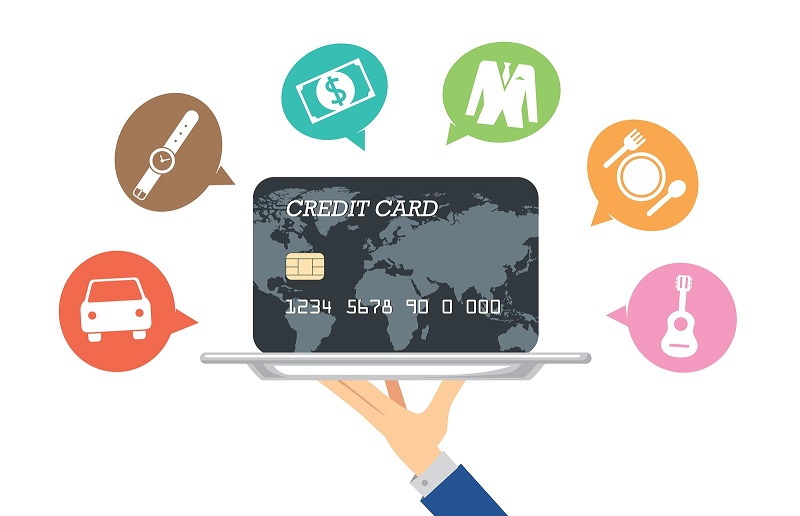Important Information to Know About Credit Card Rewards and Bonuses
Many people are lured by the lure of credit card bonuses. These offers usually include a welcome offer that includes an amount of bonus money, along with some tasks that you must complete to qualify. Although the offers may seem generous, most new cardholders fail to read the fine print, so you should do some research before signing up for a new card. In many cases, these cards come with annual fees and other fees. So, you need to make sure you’ll be able to pay those before claiming the bonus.
Understand Terms and Conditions:
The first step is to understand the terms and conditions of each credit card bonus. Many of the capital one quicksilver sign up bonus are taxable, but if you’re using a personal account, most of them are not. You will also want to be aware of the terms and conditions. While the bonus is not applicable to everyday spending, most of them are worth the extra money. Most cards require a minimum amount of spending within the first three months, but this can vary. Some issuers limit the number of cards you can open.
Earn Thousands of Miles:
When applying for a credit card, be aware that you might have to spend a certain amount before you’ll get the bonus. Some of these offers also have a minimum credit score requirement, so make sure you read the fine print before applying. Once you’ve found a card with a generous bonus, make sure to pay it off as soon as possible. Otherwise, you may miss out on the opportunity to earn thousands of miles or extra cashback.
Cash Out the Reward:
Once you’ve collected the required minimum amount, you can cash out the rewards. Most credit cards have a rotating category for bonus cashback, which means you won’t earn points for purchases made at any other retailer. However, most of them do offer a variety of other incentives, such as travel, home services, or other categories. Once you know which categories your preferred rewards will fit into, you can plan your spending accordingly. The best time to use your rewards is the first month after they become available.
Get Maximum Benefits:
Many credit card issuers limit the number of cards you can open to earn bonuses. In general, the five-year rule states that you should only have one credit card at a time. To maximize the benefits of your new card, you should check which cards don’t allow you to double-dip and only have one bonus per credit card. You should choose a credit card that enables you to get the maximum benefits for your money.
Check the Fine Print:
While some credit card bonuses are very attractive, you shouldn’t apply for any new cards unless you meet the required spending threshold. This way, you won’t have to worry about incurring an annual fee and can simply cancel the account before the bonus expires. If you want a credit card with a sign-on bonus, be sure to check the fine print. Most cards will require you to make at least four hundred dollars in qualifying purchases in order to receive a bonus.
Airline Miles or Hotel Points:
Some credit card bonuses offer airline miles or hotel points. Depending on the type of reward, you can also get cashback, gift cards, and more. This is a great way to earn rewards for your purchases and can help you save money on travel. Remember to always be prudent when spending on a new card. It’s not only important to consider the sign-up bonus but to also consider the rewards earned through it. You may be eligible for a few other benefits, such as statement credits.
